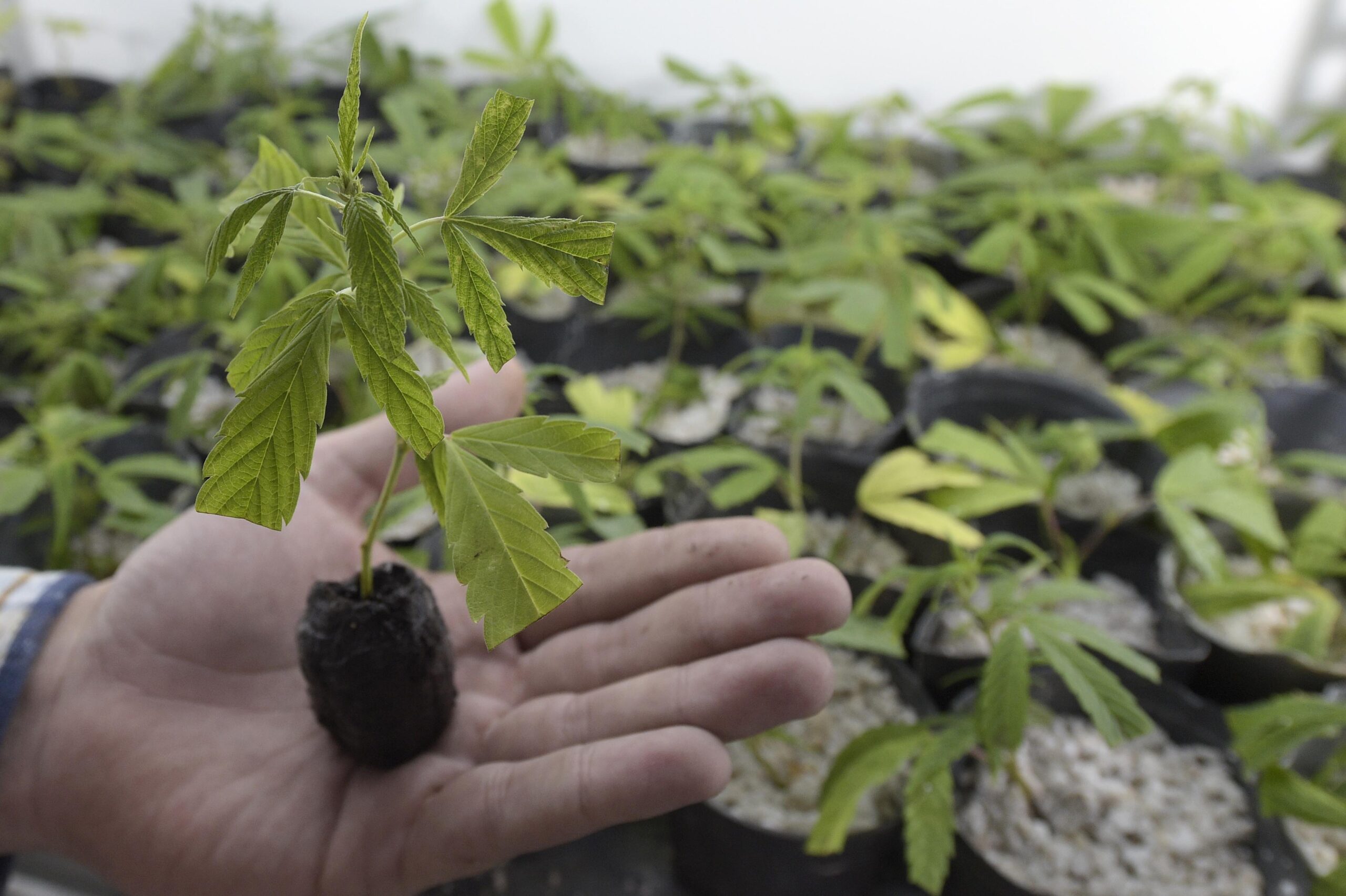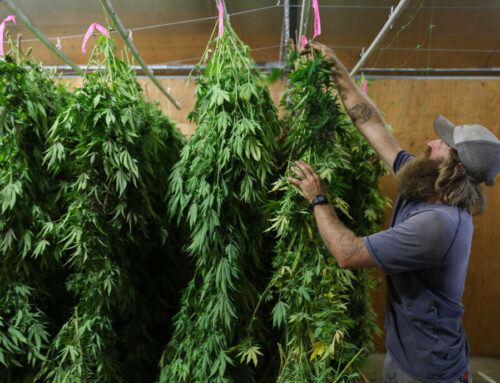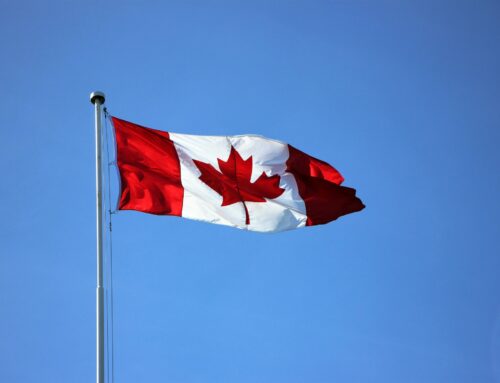South Dakota Medical Cannabis Program Sees Exponential Growth, Outpacing Projections
LOS ANGELES — South Dakota’s medical cannabis program has issued nearly twice as many patient cards as initially projected, according to the state official responsible for overseeing the initiative. Jennifer Seale, the administrator for the program, reported to the state legislature on Monday that the South Dakota Department of Health has distributed around 11,500 cards since the program’s 2021 inception. This figure far surpasses the department’s initial forecast of 6,000 cards by 2024.
The comments came during Seale’s testimony before the state’s Medical Cannabis Oversight Committee. The rapid expansion and accessibility of the program have raised eyebrows among several committee members.
Rep. Fred Deutsch, a Republican state House representative known for his vocal skepticism about the state’s medical cannabis procedures and broader cannabis legalization efforts, highlighted potential program abuses. In a provocative move earlier this year, Deutsch acquired a medical cannabis card himself, aiming to underscore the program’s perceived laxity.
“I support easy access to medical cannabis when doctors and patients follow the law. I now have a medical card because my doctor didn’t follow the law,” Deutsch explained in a statement on social media in June.
During the hearing, Deutsch detailed his clinic experience, sharing that his brief appointment lacked privacy and comprehensive medical examination. He expressed concerns about patient privacy, the quick card certification process, and the inadequate medical advice provided about potential medication interactions.
Earlier legislative attempts to regulate “pop-up” medical cannabis clinics, which have been dubbed easy-access points for obtaining medical cards, did not gain traction. Proposals introduced during the state’s most recent legislative session, which sought to establish stricter guidelines for cannabis-related advertisements, patient-doctor relationships, and the prescription process, faced unanimous opposition in the state Senate Health and Human Services Committee.
However, the legislature greenlit a bill in January, broadening the list of ailments eligible for medical cannabis treatments. This legislation transferred the authority to determine qualifying conditions from the Department of Health directly to the state legislature.
Voters in South Dakota had given the nod to medical cannabis legalization in 2020. While the law was officially enacted in 2021, it wasn’t until later that year that the state-licensed dispensaries began their operations.
A separate 2020 ballot initiative aimed to sanction recreational cannabis usage in the state. Although the proposal received majority voter support, the South Dakota Supreme Court later nullified it. The decision was lauded by the state’s Republican Governor, Kristi Noem, who spearheaded the lawsuit against the proposal. Nevertheless, Noem emphasized the difference between the quashed recreational cannabis measure and the ongoing medical cannabis program, assuring residents that the latter would continue without interruption.




































